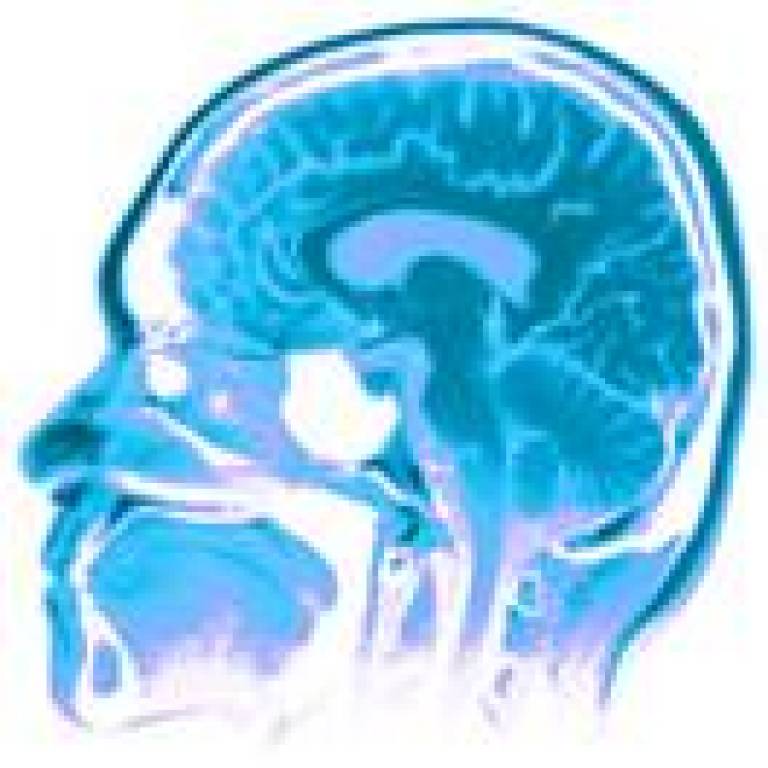New interdisciplinary masters in cognitive and decision sciences
21 December 2006
Graduates from a range of disciplines will be able to study the mental processes underlying thinking and decision making through a new interdisciplinary masters starting next academic year.

The MSc in Cognitive and Decision Sciences will provide an opportunity to investigate the computational principles underlying thought and decision-making. Students will explore the cognitive processes at work when we learn, categorise, reason or make choices.
The degree will cover, amongst other topics, conventional lab experimentation, computational and mathematical modelling, and exploitation of data from the neurosciences, as well as considering the application of the latest scientific research in the public and private sectors.
The masters has been developed by UCL Psychology in conjunction with Birkbeck's School of Psychology, and will be taught by a faculty from a range of disciplines. It is designed not only for psychology graduates, but for people from a wide range of academic backgrounds including economics, computer science, maths, physics, engineering, philosophy and neuroscience.
"UCL is one of the strongest places in the world for this type of research, spanning the fields of psychology, neuroscience and cognitive sciences," says Nick Chater, Professor of Cognitive and Decision Sciences, who is co-director of the new programme, alongside Dr David Lagnado of UCL Psychology.
"The masters will provide an opportunity for graduate students to learn directly from the many first-class academics based at UCL who are leading this area. There is also a large pool of gifted students keen to move into this field, given both the intellectual excitement it offers and its potential for application in business, education and elsewhere. We're looking for talent and scientific ability rather than specific background."
The MSc will be a taught degree, involving a research component. It can be taken as a one-year full-time course or part time over two years. The full list of UCL departments that will be involved in the teaching will be published during 2007.
Images: Cognitive science views the brain as an incredibly sophisticated information processor
 Close
Close

